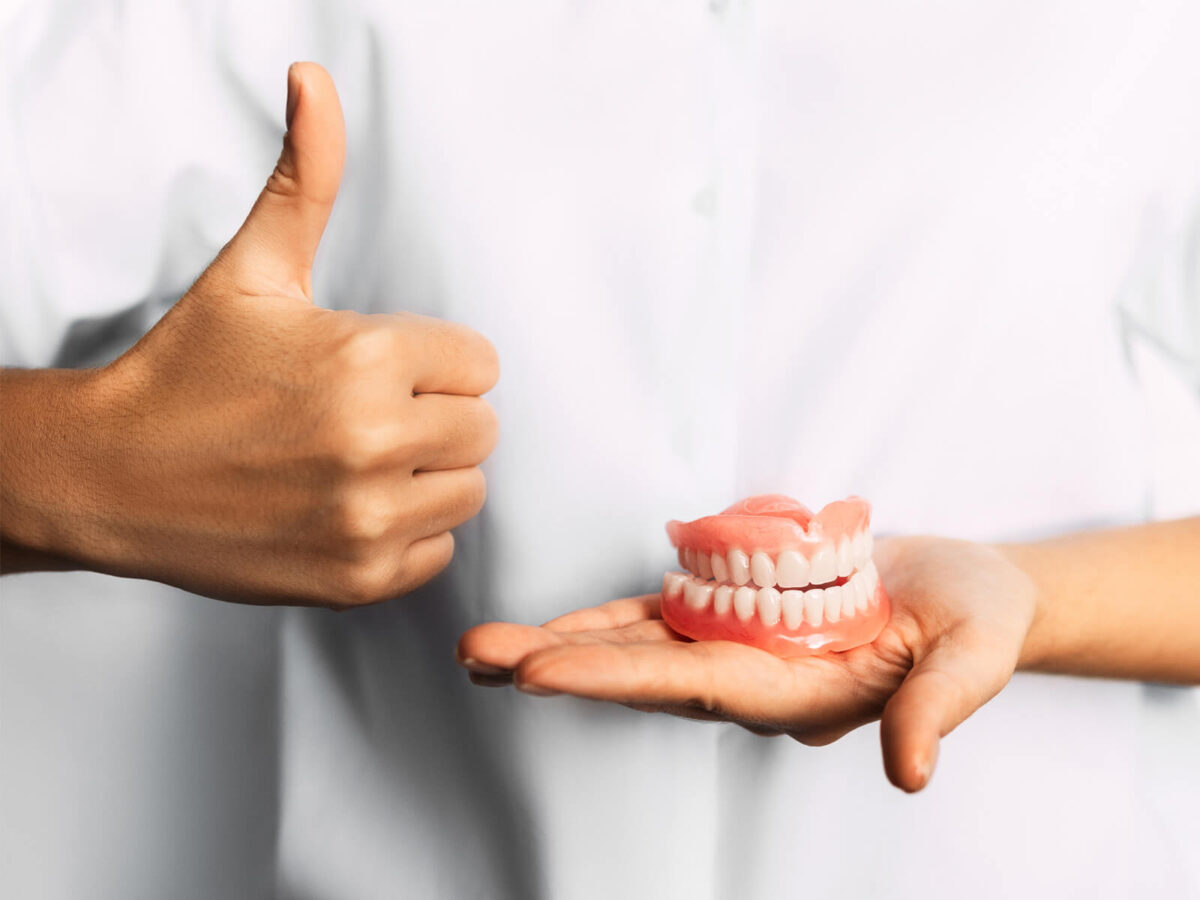Blog
Dental hygiene tips for healthy teeth & gums

5 Essential Tips For Proper Dental Bridge Aftercare
Dental bridges are a popular and effective way to replace missing teeth, restoring both function and appearance. After receiving a dental bridge, thorough aftercare is crucial to preserve the restoration’s lifespan and success. Following these essential dental bridge care tips can help maintain optimal oral health and extend the life of your dental bridge.
5 Essential Tips For Proper Dental Bridge Care
Maintain Excellent Oral Hygiene:
Excellent oral hygiene is vital for the success of any dental treatment, including bridges. Brushing and flossing are key to preventing plaque buildup and maintaining the health of the supporting teeth and gums. Use a soft-bristle toothbrush to gently clean your teeth and bridge twice a day. Floss daily to remove debris and plaque between teeth and around bridges, preventing tooth decay and gum irritation. Consider using an antibacterial or fluoride mouthwash to enhance oral hygiene.
Be Mindful of Your Diet:
While dental bridges are durable, certain foods can compromise their integrity. Maintain a diet that avoids damaging the bridge and adjacent teeth. Steer clear of very chewy or sticky foods that can strain the bridge. Limit consumption of hard foods that may damage the bridge, and cut firm foods into smaller pieces to ease the stress on the bridge.
Avoid Teeth Grinding:
Teeth grinding, or bruxism can damage dental bridges. Protect your natural teeth and the bridge if you grind your teeth. Consider using a night guard if you grind your teeth at night. Be aware of daytime grinding and try to avoid it. Stress management techniques can also help reduce teeth grinding.
Have Regular Dental Exams:
Regular dental check-ups are crucial for maintaining the health of your dental bridge. Schedule biannual check-ups to allow your dentist to detect and address any issues early, ensuring the long-term success of your bridge. Professional cleanings can remove hard-to-reach plaque and tartar, maintaining the overall condition of your teeth and bridge.
Report Any Changes or Discomfort Promptly:
Notify your dentist immediately if you experience any changes or discomfort with your dental bridge. Early intervention can prevent more serious issues and prolong the life of the restoration. Increased sensitivity or discomfort, a loose or shifted bridge, and changes in gum health around the bridge are all signs that should be reported to your dentist.
Conclusion:
Proper dental bridge care is essential for its longevity and health. By practicing proper oral hygiene, being mindful of your diet, protecting against teeth grinding, attending regular dental check-ups, and reporting changes promptly, you can enjoy the benefits of a functional and aesthetically pleasing smile for years. With proper care, dental bridges provide a reliable solution for replacing missing teeth and restoring confidence in your oral health.
